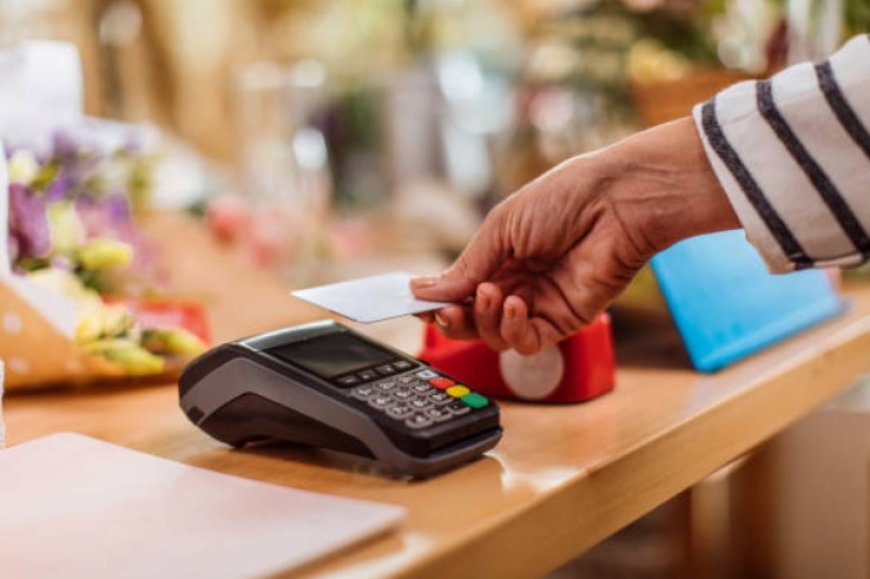How to track your spending: A step-by-step guide
Learn how to track your spending and take control of your finances with this easy-to-follow guide.
How to keep tabs on your expenditures
One of the easiest ways to comprehend your financial condition and make changes to increase your savings is to keep track of your spending. Knowing where your money is going allows you to start making changes to reduce wasteful spending and achieve your financial objectives.
There are numerous strategies to keep tabs on your spending. You can record your spending in a notepad, on a spreadsheet, or with a budgeting app. Your personal tastes and the amount of time you want to spend monitoring your spending will determine which strategy is ideal for you.
Here are some suggestions if you're unsure about where to begin:
Select a tracking method. Choose between using a notepad, a spreadsheet, or a budgeting software. If you're unsure which approach to take, experiment with a few various approaches to determine which one suits you the best.
Keep a record of every expense you make, regardless of how minor. This will make it easier for you to understand exactly where your money is going.
Sort your costs into categories. Once you've kept track of every expense, classify them according to type. You may, for instance, have categories for lodging, dining, travel, and entertainment. You'll be able to determine where you spend the most money thanks to this.
Continually review your expenses. Review your spending data after tracking it for a month or two to identify areas where you may make savings. For instance, you might become aware of your excessive spending on entertainment or eating out.
Although keeping track of your expenditures can be a bother, it is ultimately worthwhile. You may make adjustments to increase your savings and get closer to your financial objectives by being aware of where your money is going.
Here are a few more pointers for keeping tabs on your spending:
Make time each week to analyze your expenses. Don't put off reviewing your spending until the end of the month. To examine your spending and make any required adjustments, set aside some time each week.
Be truthful to yourself. Being truthful with yourself about where your money is going is crucial when tracking your spending. This entails keeping track of every expense, no matter how minor.
Never give up. Although first difficult, keeping track of your expenditures becomes simpler with practice. If you don't notice results right away, don't give up. Just maintain tabs on your spending and modify as necessary.
A smart strategy to take charge of your money and accomplish your financial objectives is to keep track of your expenditures. You may make tracking your expenditure simpler and more productive by paying attention to these suggestions.












































































































































































































